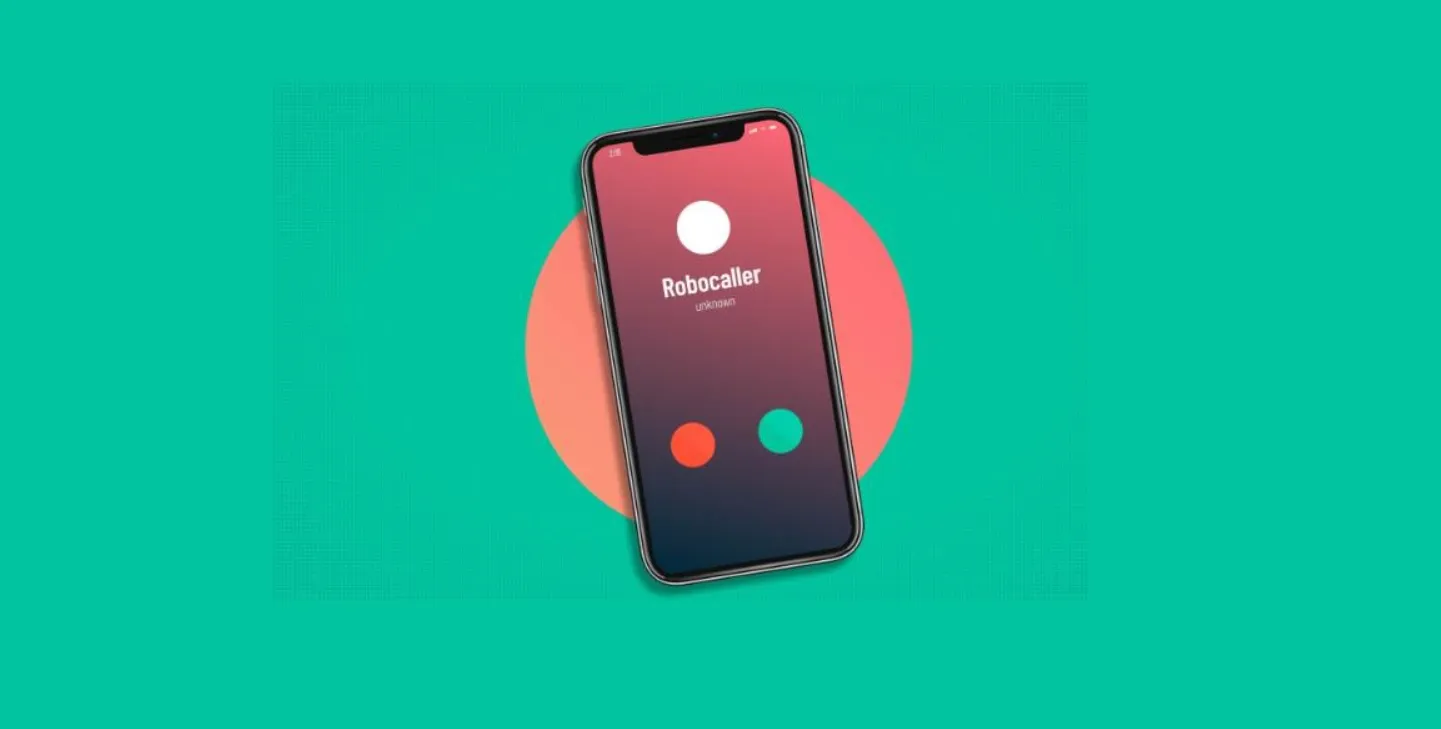- The Federal Communications Commission (FCC) issues a cease and desist letter to Avid Telecom for originating illegal robocall traffic on behalf of its customers.
- Avid Telecom is facing lawsuits from US Attorneys General for making more than 7.5 billion illegal calls and forging phone numbers.
- The FCC requires Avid Telecom to take immediate action to investigate and prevent the use of its network for illegal robocalls or face permanent blocking of traffic.
The Federal Communications Commission (FCC) has issued a cease and desist letter to Avid Telecom, a company facing lawsuits from attorneys general across the United States over alleged robocalling activities.
The FCC has determined that Avid is apparently generating illegal robocall traffic on behalf of its customers, as explained in the letter to Avid CEO Michael Lansky.
Investigation of illegal robocalls by Avid Telecom
The FCC worked in collaboration with USTelecom’s Industry Traceback Group to investigate pre-recorded telemarketing calls related to health insurance. These robocalls were previously identified by state attorneys general and Avid Telecom was determined to be the originator of the robocalls.
Avid claimed that it obtained customer consent through opt-in websites, but the FCC has concluded that the necessary disclosures were not made adequately to obtain that consent. Also, in some cases, Avid apparently called people even after they revoked their consent.
Still, the FCC has outlined a series of steps that Avid must take to address this issue. First, Avid is required to investigate the identified traffic and then implement measures to prevent both new and existing customers from using its network to make illegal robocalls. It requires Avid to update the commission within 48 hours of receiving the letter, providing information on actions taken to mitigate robocalls coming from its network.
In addition, Avid is required to disclose security measures in place to prevent its customers from using its network for robocalls.
But, what may really concern you the most is the warning that if Avid does not comply with these requirements, voice service providers could permanently block all traffic coming from Avid.
Attorneys General Lawsuit Against Avid Telecom
In May, attorneys general from 48 states filed a lawsuit against Avid Telecom, accusing it of being the source of more than 7.5 billion calls made to people on the National Do Not Call Registry.
According to the lawsuit, Avid spoofed phone numbers to make the calls appear to come from government offices, law enforcement agencies, and companies like Amazon.
The attorneys general are asking the court to issue an injunction against Avid for making robocalls and to compel the company to pay damages and restitution to the people affected by these illegal calls.

